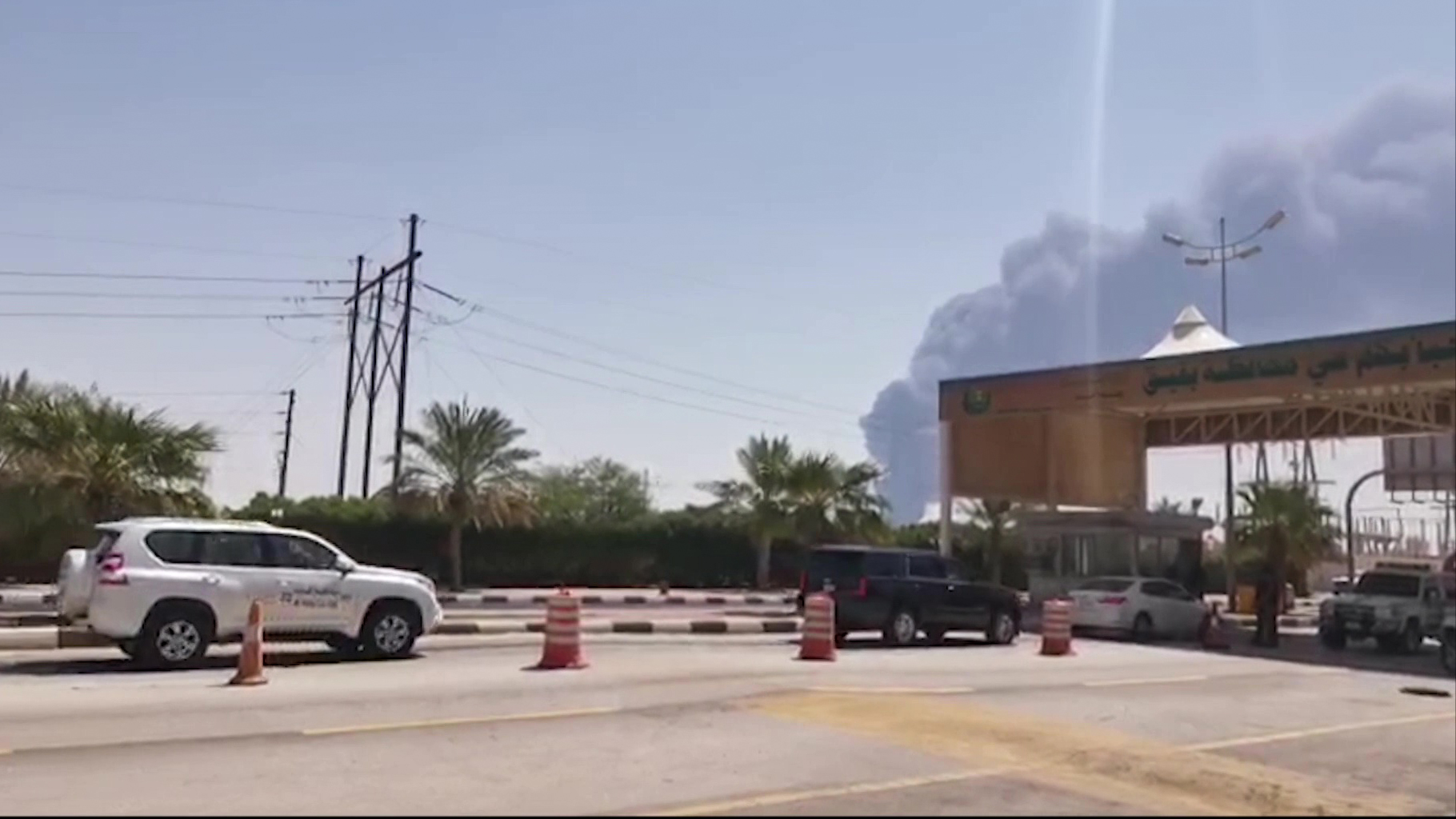To guzzle or not to guzzle?
Tess Vigeland: Gas prices. Did you notice they’re down 30 – 40 cents a gallon this past month? You didn’t? You must live here in California. But it is indeed the case. And so cheaper gas presumably means we all go back to our guzzling ways. Or… not.
From the Marketplace Sustainability Desk, Scott Tong has our story.
Scott Tong: If I were a luxury car dealer, I’d go after oil analysts. They make good money, they drive into work in their suits, talking in those wireless earpiece things — guys like Jamie Webster at PFC Energy. Except he drives a two-wheeler.
Webster cycles 22 miles into the office every day. I met him on the bike path along the way one morning. He told me he ditched his car for a bike in 2007.
Jamie Webster: The gasoline price started to kind of go up. And I’m normally a biker anyway, so I explored ways to try to figure out how to do this route. And once I figured it out, I pretty much just do it when the weather’s nice.
Webster started biking when gas approached $3.50 a gallon. He says that’s a price when many Americans make changes: We car pool, combine trips, buy smaller cars. And we’re still doing that, because gas in general has stayed expensive.
Webster says that while crude prices have fallen recently, there’s still plenty of demand for oil.
Webster: It’s a global market. And the places where you’re really seeing a lot of the growth in demand is in eastern Asia, China, the Middle East, Latin America.
Webster’s bike commute has turned into a long-term habit, and he thinks the whole country is going that way. In geekspeak, high energy prices are destroying demand. He sees the evidence here, at a traffic light on the bike path we’re on. Crowded.
Webster: January, February, March, as I was starting to bike, I knew it was going to be a pretty busy summer for bike commuters. So I’ve seen 20, 25 bike commuters stacked up on that light waiting to cross.
Of course cyclists tend to be skinnier folks — and indeed all of us are getting less energy obese. That’s how economist Peter Tertzakian in Calgary puts it. He thinks American oil use has peaked, for good.
Peter Tertzakian: It is permanent. The commuter radius has stopped expanding. People are starting to drive a little bit less. And then importantly people are driving more commonsensical vehicles.
If you’re skeptical, Tertzakian understands. We’ve all come to assume the earth turns, the sun rises — and Americans guzzle gas.
Tertzakian: When you’ve had two to three decades of constant growth in oil demand and the whole notion of addiction, it’s hard to believe that these changes are happening. But they are happening.
This kind of disruptive change doesn’t happen often. The last time was in the 1970s. Phil Flynn of Price Futures Group remembers the Arab oil embargo had cut us off from gasoline, we had to ration it.
Phil Flynn: And then all of a sudden everybody started talking about fuel efficiency. We started driving Pintos for heaven’s sakes! We were trying to catch up with Japan and get little tiny cars! It was crazy, but our world changed.
TV commercial: A car that would run and run and run. And get lots of miles to the gallon.
Ah, the Ford Pinto. Back then, Americans moderated their oil habit. Even when the economy recovered, we drank modestly. Same thing this time, says Thomas Helbling at the International Monetary Fund.
Thomas Helbling: In this recovery, vehicle miles traveled in the U.S. have stagnated. And this is in big contrast with other recoveries.
And on the bike trail, energy analyst Jamie Webster sees more and more Type A commuter cyclists, waiting impatiently at that intersection.
Tong: You and I have this conversation in five years, there’s going to be more traffic at that light?
Webster: I think so, yeah. It will be a trend that is just gonna continue. That’s not to say I think the traffic in D.C. is gonna go away.
Yeah. Less DC traffic; that would mean all of us curbing our oil use completely. Way too much to ask for.
In Washington, I’m Scott Tong for Marketplace.
There’s a lot happening in the world. Through it all, Marketplace is here for you.
You rely on Marketplace to break down the world’s events and tell you how it affects you in a fact-based, approachable way. We rely on your financial support to keep making that possible.
Your donation today powers the independent journalism that you rely on. For just $5/month, you can help sustain Marketplace so we can keep reporting on the things that matter to you.


















